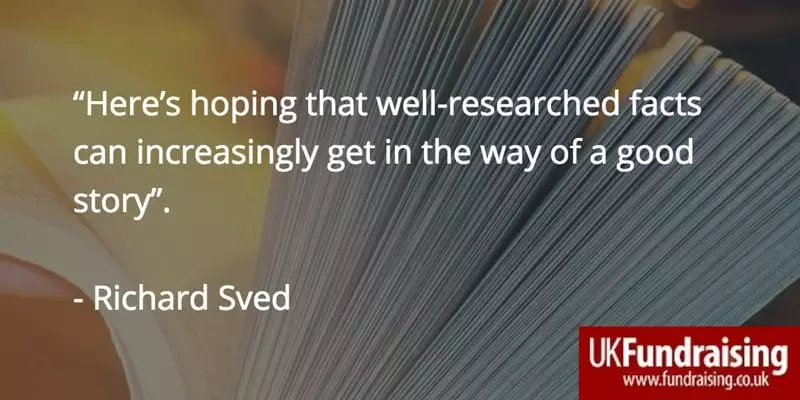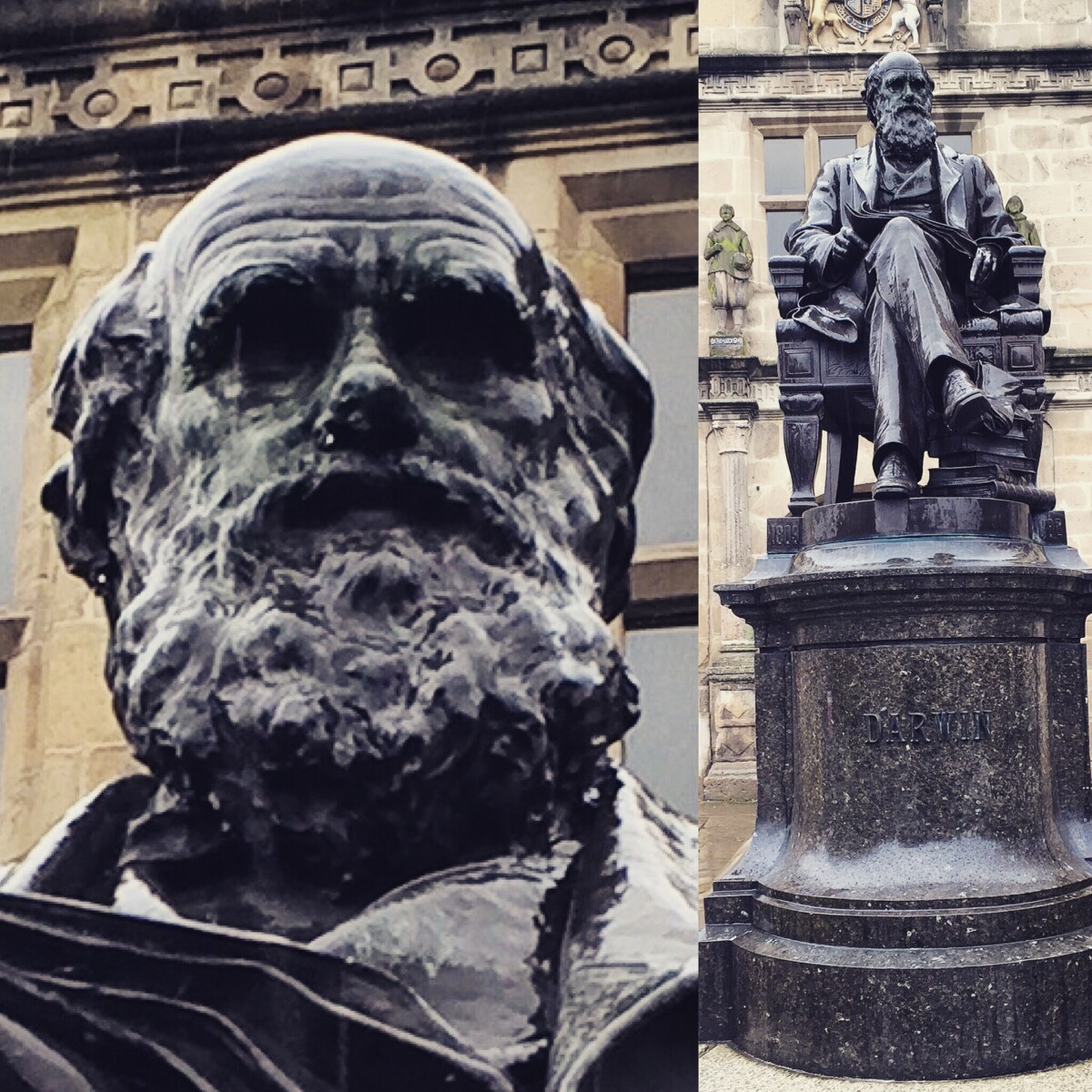That is not logical, Captain! A review of The Logic of Charity
In this important and timely piece of work, John Mohan and Beth Breeze tackle major questions and indeed misconceptions facing the charity sector. What is charity, and how do charities operate? Who benefits, and how?
John Mohan and Beth Breeze are both academics focusing on third sector research and philanthropy, and this is a meticulously researched, scholarly publication. In it, they deploy and analyse a range of data and studies, and weave the arguments on top of systematic synopses of other writing on the subjects at hand. There’s not much doubt that the authors are on top of their subject. Indeed, the bibliography contains well over 150 publications and articles, and this is not a lengthy tome.
The authors begin by asking whether there is a ‘Logic of Charity’. Who are the beneficiaries? What can charities be expected to do? And in fact, what should they not be expected to achieve? It becomes clear that neither policymakers nor in fact the ‘general public’ are particularly clear on the roles that charities play. How have public attitudes to charities changed? And how “malleable in political hands” is the sector?
Funding from government?
Elements of the book are especially timely, particularly the analysis of the sources of charity funding with a focus on funding from government. Why do some argue that being in receipt of statutory income renders an organisation somehow less charitable? Was there ever in fact a time when charities relied solely on private donations? Which types of charities, or sub-sectors, find it harder to source voluntary donations, and are therefore more reliant on income from government? These are big questions, and Mohan and Breeze tackle them with rigorous and well explained analysis of the data.
Of particular interest is their study of the size of organisations in terms of charitable expenditure.
The problem with averages
They explain in careful detail the danger of applying averages to characterise the sector. Even though the mean expenditure is around £400,000, nine out of ten charities spend less than £300,000 each year. In other words, there are large numbers of small organisations and a small number of massive ones which skew the figures.
Advertisement
 Size and geography of charities
Size and geography of charities
And yet the authors carefully counter the frequently held assertion that large charities grow at the expense of smaller ones, or indeed that there is anything wrong with charities growing larger and more successful. Does this not mean that they have become better at what they do, have become increasingly effective at winning support and will be able to reach ever more people? Should those that believe in the power of market forces not be applauding rather than criticising as much as they do? And if charities have won government contracts, these have been awarded through open and transparent processes. Shouldn’t critics be celebrating this success?
Mohan and Breeze go on to study the geographical distribution of charities in the UK, helpfully debunking the simplistic studies that have simply looked at where organisations are based – the headquarter effect – or the organisations’ declared areas of operation. Nevertheless, there are areas that are found to be less well served than others, and the authors look both at reasons why this might be, and ways of tackling it.
Fundraisers and philanthropy advisors will be particularly interested to read the fifth chapter, which focuses on the role of “charitable intermediaries”. The composite case studies based on a large sample of interviews are illuminating, as are the key themes that emerge from them:the importance of long-term relationship-building with supporters rather than focusing on their gifts themselves, and the appreciation that charitable giving is not merely transactional but can benefit or enrich the donor too.
The only shame for me was that given the subtitle of the book (‘Great Expectations in Hard Times’), I was expecting the odd Dickensian reference (he was, I recently learned, employed by Angela Burdett-Coutts as a philanthropic advisor, funnily enough), but there’s none of that. And so, given the authors’ focus on logic throughout, I thought I’d throw in a Star Trek-related subtitle as an alternative.
To conclude, this is an interesting, detailed and topical book for all those interested in defending the charity sector against unfounded accusations with an armoury of data and cogent analysis. Here’s hoping that well-researched facts can increasingly get in the way of a good story.
The Logic of Charity: Great Expectations in Hard Times, by John Mohan and Beth Breeze, is published by Palgrave Pivot. The 156-page hardcover first edition costs £45.




 Size and geography of charities
Size and geography of charities
